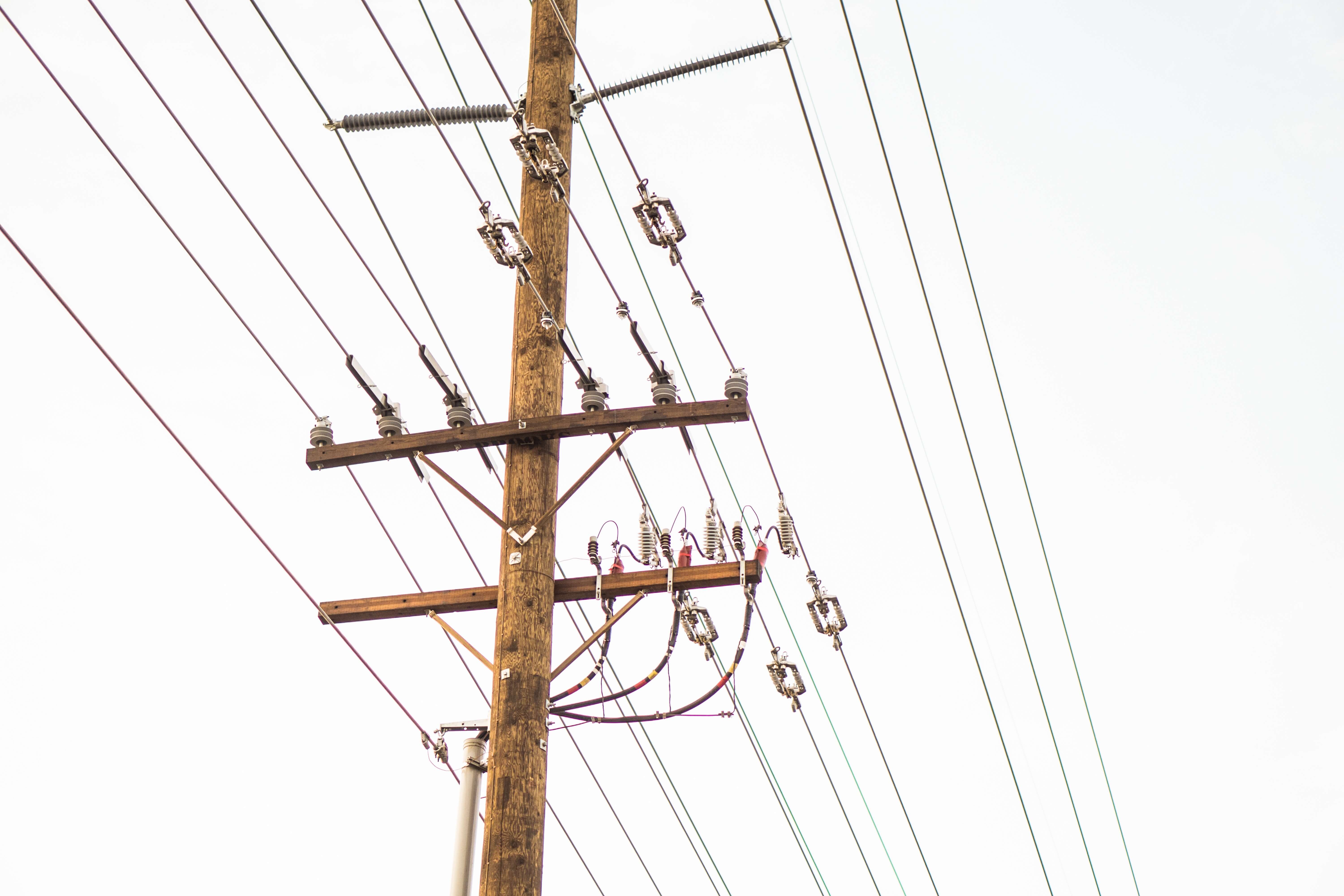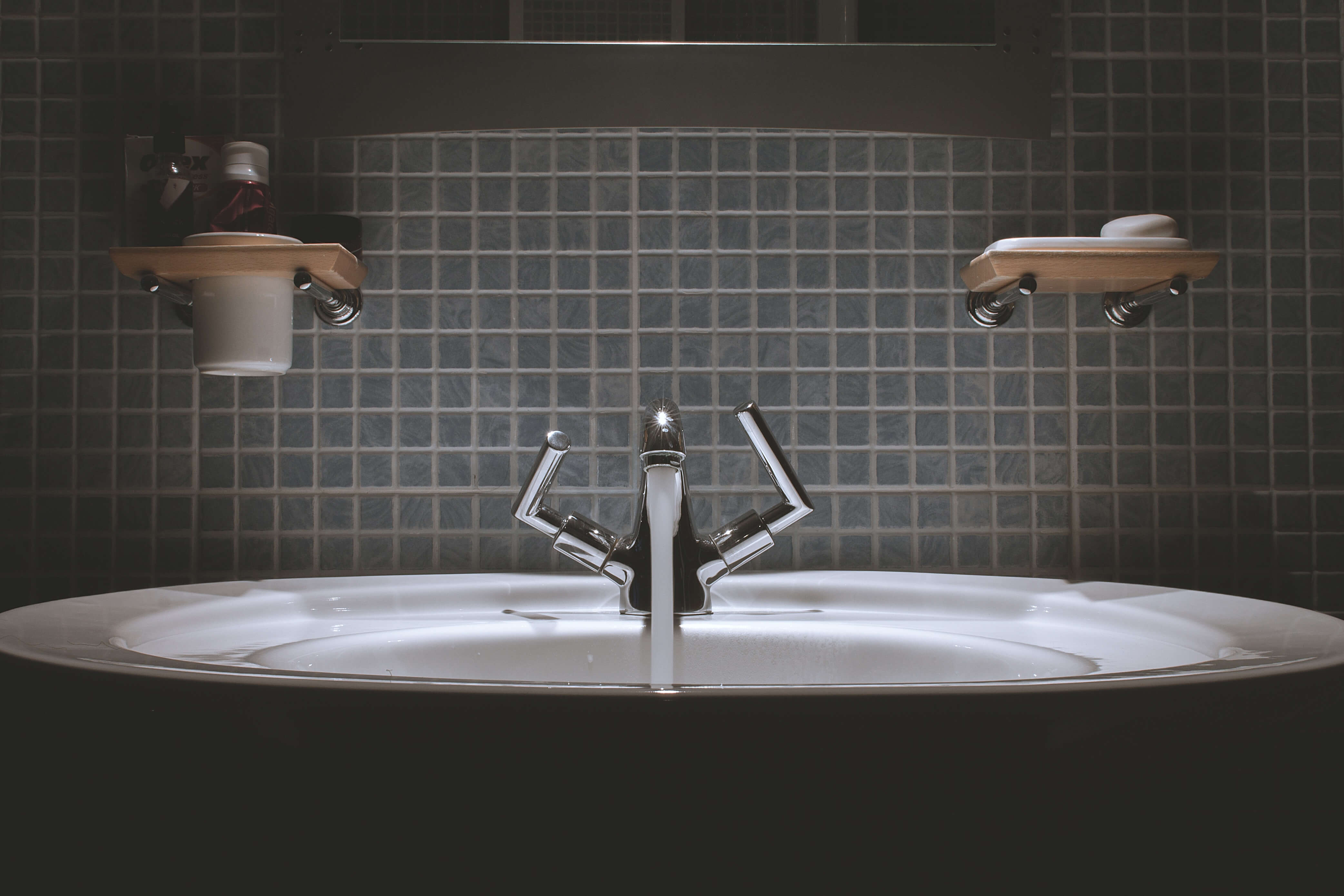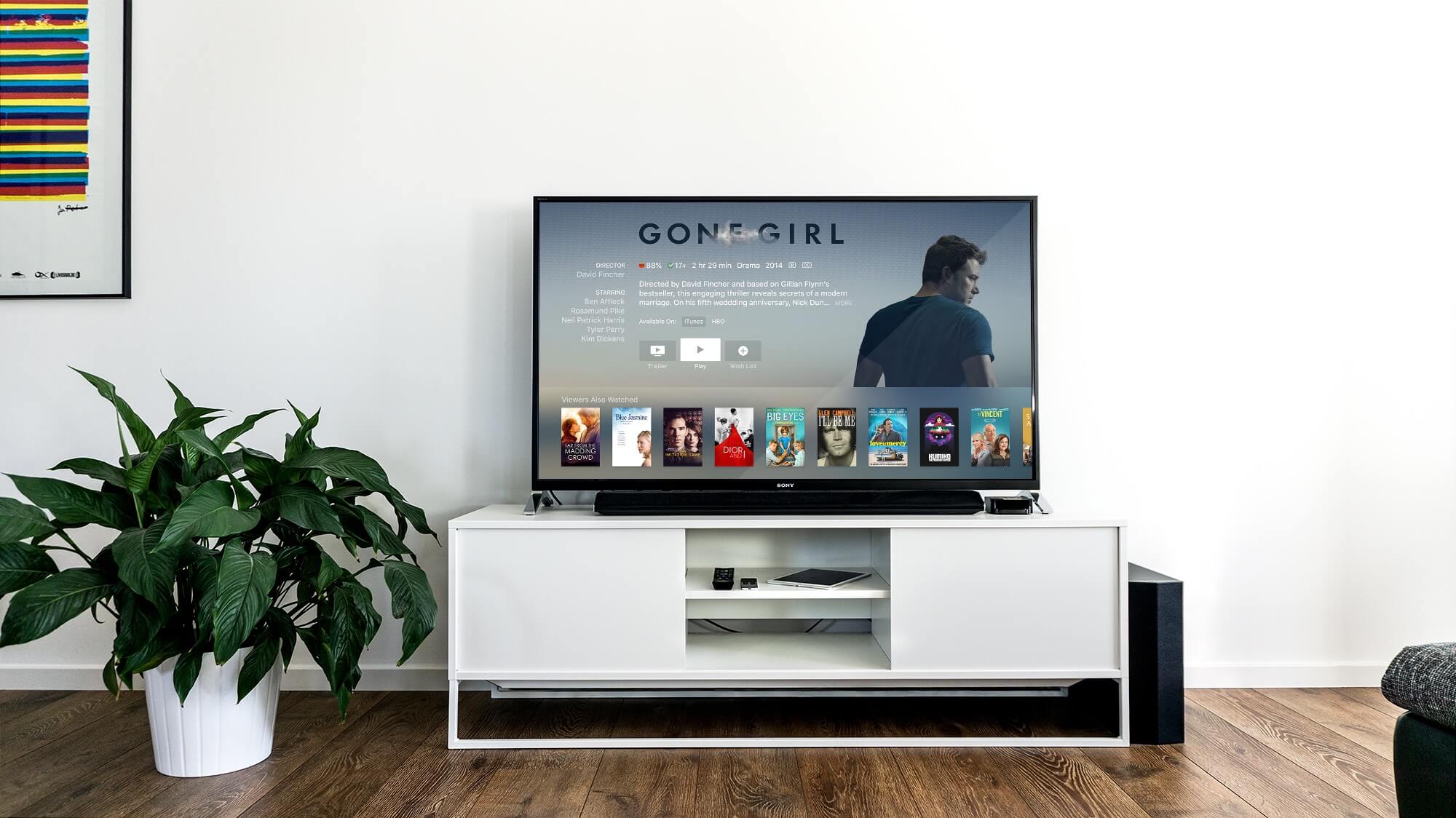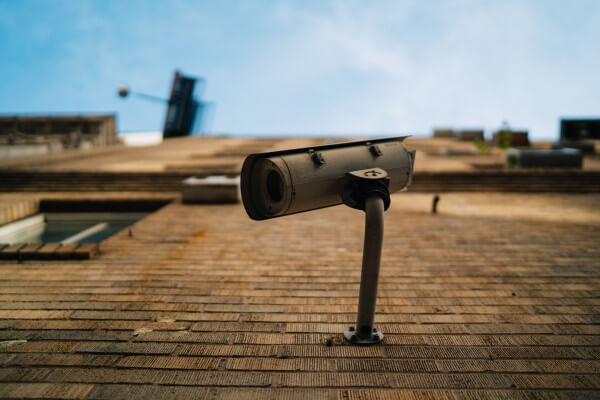When was the last time you moved? Whether it was last year or twelve years ago I would bet big bucks that you remember the pain of setting up utilities like it was yesterday. Setting up utilities is notoriously painful. Every home needs water and electricity, many homes require gas and with the staggering break-in statistics most would agree that home security systems are a necessity too. The fact that 80 percent of homes have internet and tv/cable installed proves that the majority of people are searching for internet and tv services. That makes about six different services you are trying to set up at your new home. Each has an average of five options which means you could get stuck searching 30 different sites only eventually wait on hold while services get connected. It sounds like you have a lot on your plate…
If you appreciate efficiency you might want to take a look at myutilities.com. Almost instantly you can view all the options available at your home for internet, gas, electricity, water, tv/cable, and home security; additionally, you can connect all your services right there, on one single site. This is a free service that makes connecting your utilities easy as pie. If you don’t want to ever pick up the phone, you don’t have to. If you prefer the phone over the computer you can speak with your unbiased advocate helping you understand your options and make informed purchase decisions. Myutilities.com is a one-stop-shop for connecting all your utilities and making sure you get the best plans for your needs.
The chaos and stress of moving can push people into making bad purchase decisions that unfortunately don’t just haunt you at the moment but can follow you for years. Making smart choices is crucial regarding utilities. Smart decisions start with understanding. Here are 17 things that will help you understand your options.

Gas and Electric
Is your home regulated or deregulated?
Regulated: Gas and electricity are either regulated or deregulated depending on your city. If your area is regulated that means you have just one company that services your home. Regulated areas are great because you don’t have to worry whether or not you are getting a good deal because you will automatically get the best deal available!
Deregulated: If you are in a deregulated area you will have up to 90 different options for electricity and gas. If your area is deregulated you will want to be very careful with choosing your gas and electricity services because some contracts lock you into paying a certain rate for an entire year.
Electricity

Now that you have discovered whether you are in a regulated or deregulated area you can start comparing your options.
Read the Fine Print: Fine print is key in deregulated areas. Deregulated markets provide the same quality of product, i.e. gas or electricity but prices will vary greatly. Some providers will promise things like, “free nights” but hidden in the fine details you will discover where they make up those costs. Some providers will offer dirt-cheap plans only to triple the cost three months later.
Find your “sweet spot”. When choosing a deregulated plan you are best off finding the cheapest plan that doesn’t increase over time. It is also good to look into ( you can ask a My Utilities Advisor) which companies have good customer service and offer the pay structure that meets your preferences best. Remember the quality of the product won’t vary so don’t get suckered into the bright lights of skilled marketing departments.
Electricity rates are measured by kilowatt-hours. A kilowatt-hour is equivalent to one kilowatt of power used for one hour. Plans will vary from around five cents to fifteen cents per/kWh. This means if you turn on a 100 watt light bulb for 10 hours you just used 1000 watt-hours which is equivalent to 1 kWh. So if you use that one light bulb for ten hours over thirty days you will use 30 kwh. You then can multiply your rate, say 10 cents, by 30 kwh. That one light bulb costs you about $3 a month. It doesn’t take much imagination to see how your electricity bill can kick you in the teeth if you aren’t careful.
Water

For the most part water is pretty easy to set up. There is only one provider that will supply water to your home. The tricky part is figuring out which provider it is. Water providers require the resident to verify identity prior to turning the water on at a home. When you call your water provider to connect your services be sure to have your identification handy. You may be required to pay a deposit at this time as well.
Internet
 Not every internet company services your home. You would think with AT&T’s advertising budget they would hand-deliver the internet to every home in America. The reality is that there are limited internet options at each home and there is not much you can do about it.
Not every internet company services your home. You would think with AT&T’s advertising budget they would hand-deliver the internet to every home in America. The reality is that there are limited internet options at each home and there is not much you can do about it.
Just because your neighbor has Verizon Fios you won’t necessarily have it. Unfortunately, even if you have had Time Warner Cable for the last 13 years you might not be able to get it at your new residence.
Internet plans are divided by megabytes per second (Mbps). It is important to consider what you use your internet for, how many people will be using your internet and how frequently you will be using it.
- 5 Mbps should be good for basic web surfing and emailing
- 5-10 Mbps should be good for a few shared devices simultaneously web surfing and emailing, with occasional streaming and online gaming
- 10-25 Mbps: Should be good for several shared devices streaming moderate high-definition (HD), online gaming, and downloading files.
- 25-40 Mbps: Should be good for many connected devices streaming heavily, online gaming, and downloading
- 40+ Mbps: Should be good for a large number of connected devices streaming intensely, online gaming and downloading
Have no clue what fiber optic means? Fiber optic internet is the fastest internet option available. Fiber optic options have much greater bandwidth than metal cables. The greater the bandwidth the more data can be transferred at a given moment. The more you require of your internet at one given point, the greater bandwidth you will need. If you plan on using multiple devices at once fiber optic will be of great value to you. Fiber optic is not available at every home. Maybe someday it will be available everywhere but at this time their coverage is relatively small so don’t get your heart set on it.
Tv/Cable
 The main area that causes problems for people buying tv/cable plans stems from plans that lock you in for two years and increase fees the second year. Make sure to double-check your pricing for the entirety of your contract.
The main area that causes problems for people buying tv/cable plans stems from plans that lock you in for two years and increase fees the second year. Make sure to double-check your pricing for the entirety of your contract.
What is the most popular cable provider in your mind? My mind first thinks of DirecTV. Did you know if you get DirecTV they will be installing a dish on your home? That was surprising to me too. Double-check if your service is provided from a box or a dish.
Bundle: Bundle packages are like a BOGO discount. You don’t buy one service and get the other free but many providers offer discounts when you pare internet, tv/cable, and or phone.
Home Security
 Without a doubt security systems are worth your money, however, it is extremely difficult to get a straight answer from security providers explaining what their packages include. Their packages are confusing and it is scary to lock into a three-year plan without knowing what you are really getting. Understanding your options from an unbiased third party can be the most effective. Chat with a My Utilities Advisor about security options and customer reviews.
Without a doubt security systems are worth your money, however, it is extremely difficult to get a straight answer from security providers explaining what their packages include. Their packages are confusing and it is scary to lock into a three-year plan without knowing what you are really getting. Understanding your options from an unbiased third party can be the most effective. Chat with a My Utilities Advisor about security options and customer reviews.
Many security companies offer really cheap plans but as you study each system you will find that the cheapest plans are typically only available if you have a landline phone. Landlines are rare these days and unfortunately over the years have proven to be easily bypassed by burglars. Cellular monitoring is statistically the most secure and reliable security option so make sure you weigh your options and understand your pricing.
Monitoring is not always included. It is important to make sure your security system includes monitoring so if your alarm is triggered the police are also notified. Many cities also require permits for your system. Make sure you check if your city requires a permit and submit it as soon as possible to ensure your system is properly monitored.
Many companies offer limited-time “specials” but in reality, the specials run frequently. Don’t be rushed into a specific company to claim a deal. Make sure you get the plan you actually want because the specials are never all that unique. You can always count on a $100 Visa Gift Card towards your home security choice from My Utilities. So don’t be rushed into a decision when you can make your choice in peace and get $100s off from My Utilities.
Now that you have a better understanding of what you are looking for when you sign up for utilities you will be able to make a more informed purchase decision.

